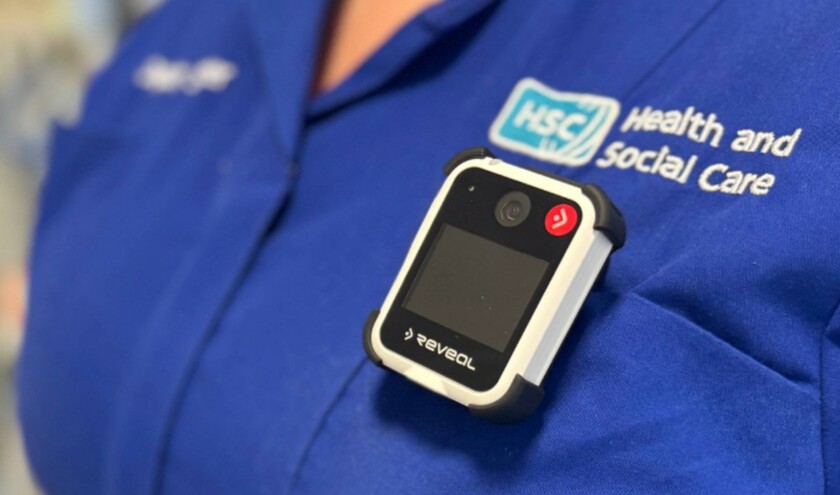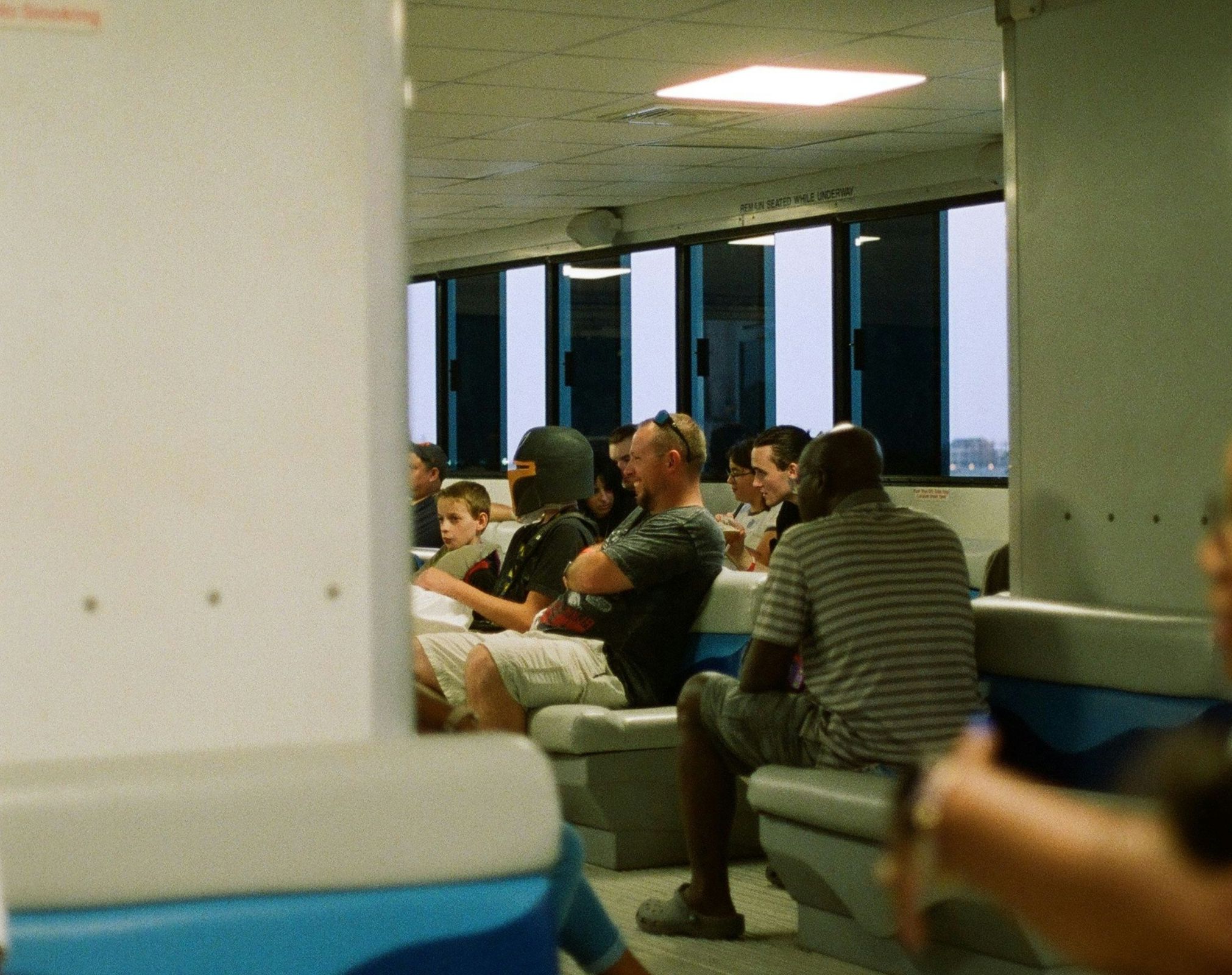The board of the Northern Health and Social Care Trust gave the go-ahead for the 12-week trial to start in September following a public consultation on the proposal.
As part of the trial proposals, the trust has considered implications around equality, human rights, data protection, privacy and dignity in relation to the use of body-worn cameras in an acute healthcare setting.
The cameras worn by staff will not always be recording. Under the proposals, they will only be used to capture footage should a situation escalate, and staff are obliged to tell a patient that they are being recorded.
During the trial, signage will be placed in the Emergency Department to make patients and visitors aware.
When the pilot concludes, it will be fully evaluated and an outcomes report brought back to Trust Board.
Anne O'Reilly, chair of the trust board, said: ‘Of course, it's disappointing that we are even having to consider such action, however, we hope that this pilot will act as a deterrent and make people stop and think about their behaviour towards our staff, and indeed other patients.
‘It's encouraging to see that the overwhelming majority of respondents to the consultation (91%) are supportive of this pilot going ahead and, as a board, that gives us a great deal of reassurance that this is the right course of action.'
The Department of Health last year launched a new framework to help tackle violence and aggression towards health and social care staff in partnership with HSC trusts and trade unions.
In addition, the Northern Trust established MOVA (Management of Violence and Aggression) working group, and has developed a staff toolkit to equip managers with a dedicated resource to support team members and colleagues who have been impacted by violence and aggression in the course of their duties.
Audrey Harris, the trust's director of medicine and emergency medicine, added: 'We owe it to our staff to do all we can to address violence and aggression in the workplace. Emergency Departments are always extremely busy and staff are working in very challenging circumstances under huge pressure to provide care for all those who come through the doors; they need our support. They should not have to deal with or tolerate any form of abuse; nor should patients have to witness those kinds of unacceptable behaviours.'



